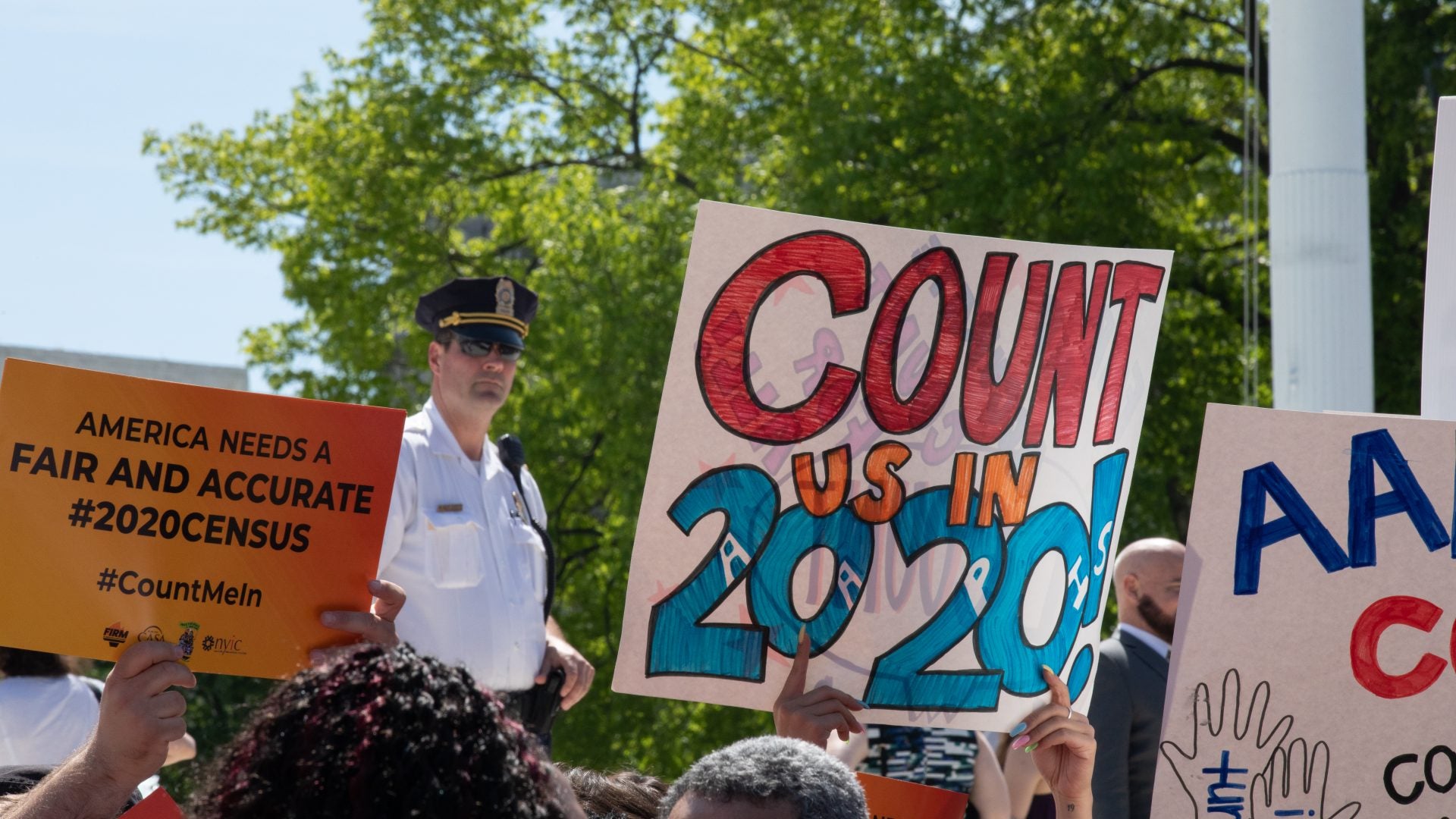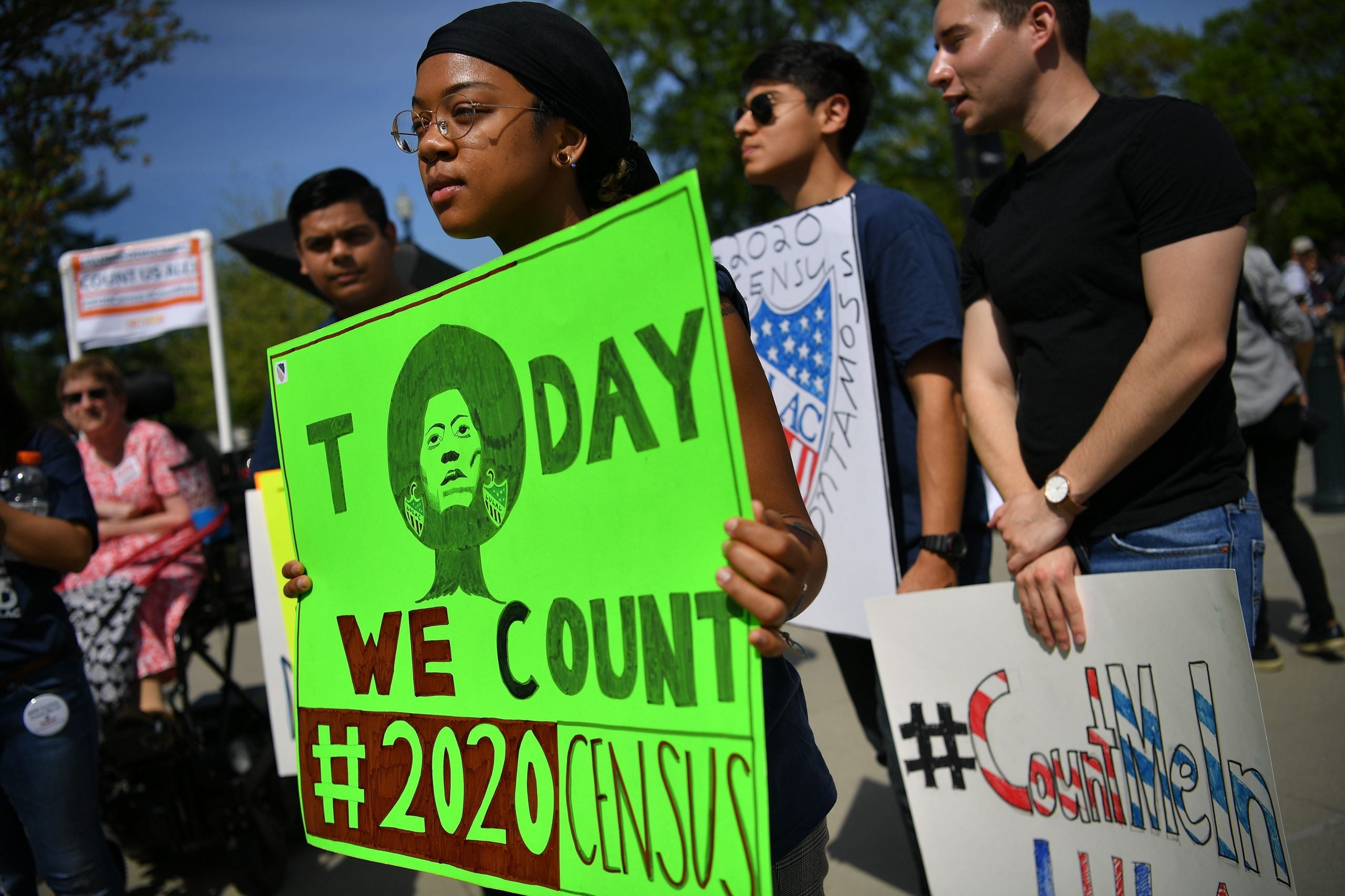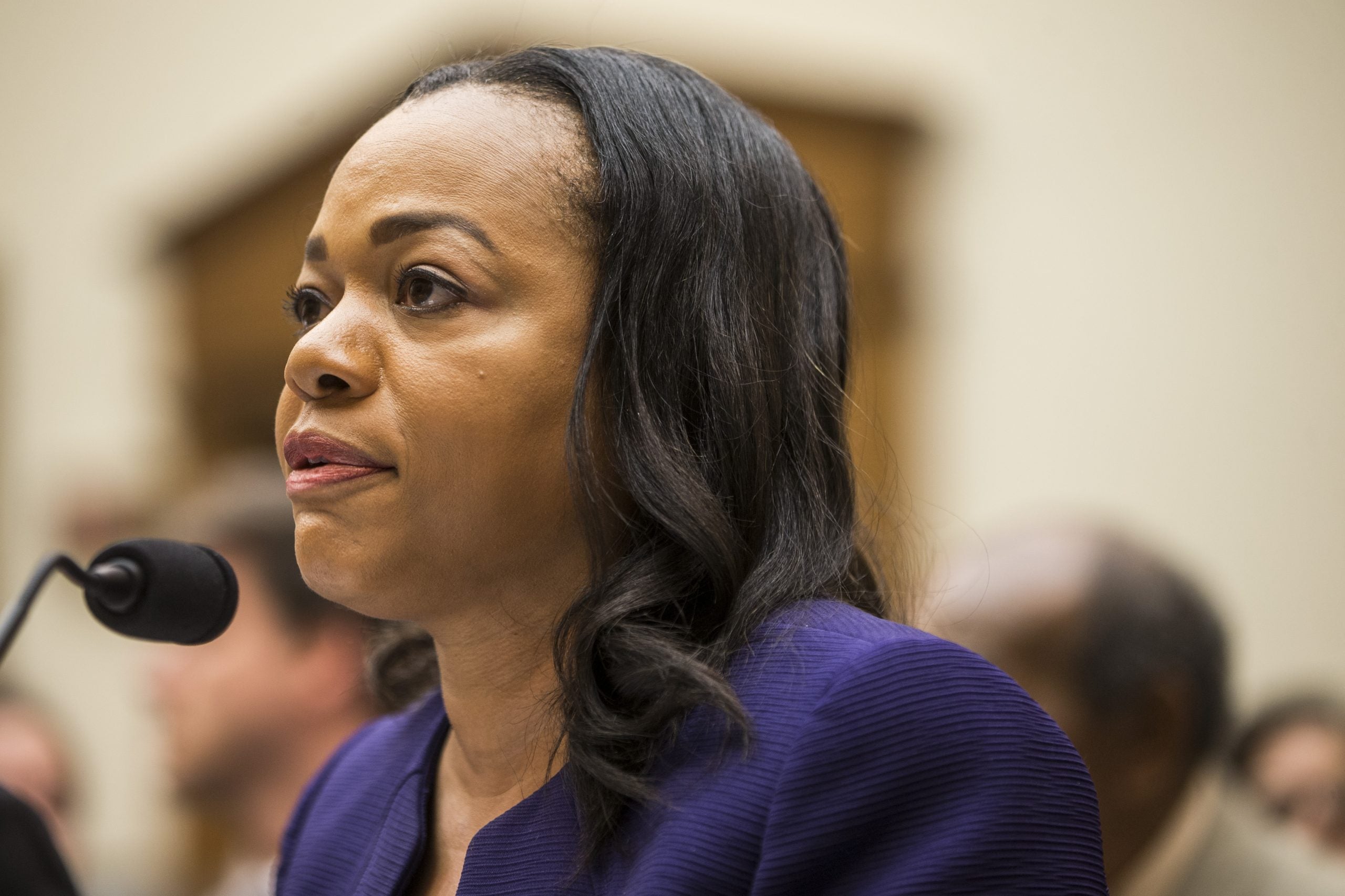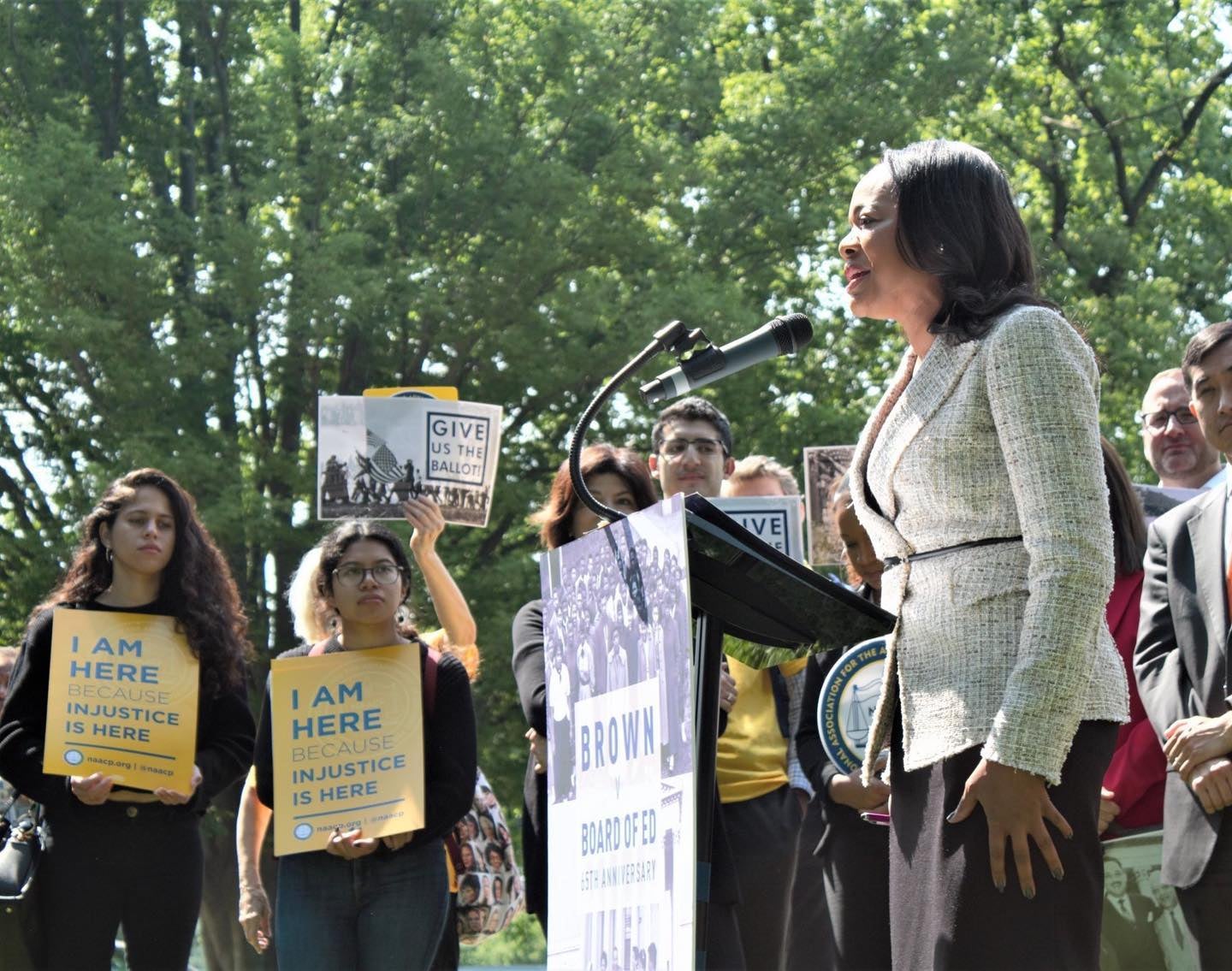
Shuffled between free catalogs and coupons, bills and birthday cards, the most critical piece of mail of the decade will be delivered to households across America in March: Instructions on how to participate in the 2020 Census.
On the surface, this is an opportunity for the U.S. Census Bureau to estimate the number of people living in our country. However, for Black America it’s significance is invaluable. It touches on nearly every aspect of daily life, from identifying areas for new schools and new clinics to determining how billions of dollars in federal funding will be spent on Head Start and block grants. It will also propel upward economic mobility as Black business owners will be able to better make decisions on where to expand operations, recruit employees, and build offices.
The fact is, the 2020 Census is more than just a headcount. It will also shape the distribution of political power for the next ten years. The Census count is used to guide the redistricting process at every level across the country. It’s about congressional seats, state legislatures, school boards, city councils and electoral college votes. And without everyone’s participation, we won’t get a fair count.

Historically, the Census has instilled distrust and fear in the hearts of the Black community. People of color, including immigrants, have been concerned that the government would weaponize the Census against them. In 2010 we saw the impact as the Census missed more than 1.5 million people of color resulting in a staggering loss of federal funding and diminishment of our political power.
Given the history of this country and the administration’s recent but failed attempt to add a citizenship question to the form, these concerns are not baseless, but there are measures in place to prevent these fears from becoming reality. Countless organizations, including the Lawyers’ Committee for Civil Rights Under Law, fought against the inclusion of the citizenship status question, and the Supreme Court issued a decision that ultimately denied the Trump administration the opportunity to include it on the form. This was a major win that should encourage more people to freely count everyone in their household, regardless of whether they are a citizen or not.
So, what is at stake?
The truth is, Black Americans and communities of color are historically the most undercounted in the census, negatively impacting the quality of life for millions of people. Black men, Black children, renters and the homeless are among the groups who have faced the highest undercount rates. An inaccurate count can exacerbate inequities and diminish resources for communities that need them the most. Today, the greatest threats to the Census are falsehoods and misleading campaigns aimed at dissuading people from participating in an essential tenant of our democratic process.

In Dr. Martin Luther King Jr.’s 1963 speech, “Keep on Moving,” he quipped that “there is power in numbers and there is power in unity.” The sentiment of the remark was the understanding that thousands of activists were willing to risk their lives for the sake of “freedom and human dignity.”
Today, we must consider the Census with the same dire urgency. We must recognize that choosing not to participate is to neglect the sacrifices of civil rights leaders like Dr. King, Rep. John Lewis, Fannie Lou Hamer, Diane Nash and Thurgood Marshall, just to name a few. It’s also a willful disregard to stymie any progress we are making to achieve a truly equitable society.
The 2020 Census is one of the very rare opportunities for every resident in this country, regardless of citizenship status, to participate in a critical civic process that serves as a driver for how public policies will shape the outcomes in all our communities. The Census will determine how education, health care, housing, employment, transportation, and overall infrastructural funding are allocated to all 50 states.
Put simply, participating in the 2020 Census is a vital part of making our voices heard and ensuring a better future for Black America and communities of color. Any level of inaction or refusal to acknowledge what’s at stake will only fuel inequity and deprive communities of resources desperately needed for the next decade – years that can be better spent lifting each other up and achieving progress.

Over the last four years, this country has witnessed the magnitude of the bully pulpit and devil-may-care politics and policies of President Trump’s administration. Its separatist agenda has spawned controversies from every corner of the country – and world. As proponents of the administration championed the cause to repeal the Affordable Care Act, restricted travel from Muslim and predominately African countries, and echoed chants of “build the wall,” many were left questioning how equal protection will safeguard them from policies fueled by racial and social animus. We have witnessed the appointment of extremist judges who neither reflect the diversity of our country nor bring uniform respect for core precedents like Brown vs. Board of Education.
If we want to ensure that we have a representative democracy in our communities and our states, we must fully participate and be counted in the 2020 Census. Being counted can help ensure that Black communities are not shortchanged on critical federal funding. Being counted can help ensure that we have the tools needed to produce fair maps that will help ensure that our voices are heard. Participation in the 2020 Census is one of the most important civic responsibilities of our time.
Kristen Clarke is the President and Executive Director of the Lawyers’ Committee for Civil Rights Under Law. The organization recently launched a national hotline 888-COUNT20 to help residents across the country address concerns and answer questions concerning the 2020 Census process.